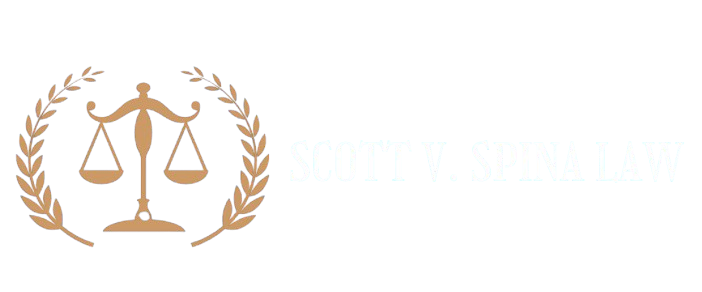Disorderly persons in New Jersey, 2C:1-4 – classes of offenses, are called misdemeanors in other states. Classified as low-level crimes less serious than a felony, the consequences still carry a criminal record, fines, jail time, and loss of state issued professional license. Disorderly persons convictions must be reported on college and job applications.
Disorderly persons can be summary offenses or indictable offenses. Summary offenses are tried without a jury. Indictable offenses must have a preliminary hearing to determine whether a grand jury will issue an indictment that goes to trial or if there is a prima facie case. A prima facie case is a cause of action or defense that is sufficiently established by a defendant’s evidence to justify a verdict in his or her favor, provided such evidence is not rebutted by the other party.
For disorderly persons with no prior criminal record there is a presumption of non-incarceration in New Jersey. For individuals with a criminal record, jail time is likely. Either way a criminal defense lawyer will work to reduce charges, get charges dismissed, mitigate the risk of going to jail, or reduce jail time for good behavior.
Disorderly Persons Offenses
- Simple Assault
- Possession marijuana less than 50 grams
- Drug paraphernalia
- Harassment
- Shoplifting less than $200
- Fighting
- Resisting arrest
- Offensive language
- Disorderly Conduct
- Bad checks
- Lewdness
- Obstruction
- Failure to pay child support
Petty disorderly persons are less serious than disorderly persons offense. Petty crimes have smaller fines, under $500, and less jail time, less than 30 days. Conviction for a disorderly person’s offense has larger fines, up to $1000, and up to six months in jail. Even though the conviction is not related to driving, the judge can suspend or revoke driving privileges up to two years.
Criminal Record
All convictions for disorderly persons will have a permanent criminal record. This means every employer that runs a background check will see the offense. In addition, professionals will have their career derailed. Professional licenses like medical, dental, nursing, stockbroker, lawyer, or pharmacist can be revoked. A criminal record will reduce or stop financial aid, affect applications for housing, and directly impact immigration status. A conviction can also affect military service eligibility.
Statute of Limitations
The Statute of Limitations for a disorderly person’s charge is one year. The state can wait up to one year before filing charges. Disorderly persons offenses are tried in municipal court of the municipality in which the defendant was charged. Non-citizens will be considered to have a crime of moral turpitude and can be deported, be deemed inadmissible, and have their visa cancelled.
Expungement
Expungement removes the disorderly persons charges from your criminal record. This means you will not have to report the charges on your job applications. However, there is a 5-year waiting period that starts when the judge gives the sentence, all the fines have been paid, and completion of jail and probation. The request can be made only if you have less than 4 disorderly persons convictions or one felony conviction with 3 or less disorderly persons convictions. If you get an expungement, the disorderly persons conviction will still show on your record if you apply to law enforcement or within the judicial branch of the government.
Alternatives to Jail
Alternatives to jail are in the public interest. Alternative measures allow the judge to appropriately punish and rehabilitate people.
- Pre-trial intervention is granted by the prosecutor before the trial. Pre-trial intervention is a probationary period with visits to a probation officer. First time offenders who are nonviolent are eligible. Pre-trial intervention can last up to 3 years and the request to participate must be made in writing to the prosecutor 28 days before the charges are filed. If your request is denied, you have the right to appeal the decision to a superior court judge. When pre-trial intervention is completed, the disorderly persons offense charges are dismissed entirely.
- Veterans Diversion is available for military veterans. This is a specific mental health and substance abuse treatment program. When the program is completed, the charges are dismissed entirely.
- Conditional Dismissal Program requires the individual to plead guilty to a disorderly person’s offense and is placed on probation for one year. When all the terms imposed by the judge are completed successfully, the judge may dismiss the case. If the individual violates any of the conditions of parole, the judge will continue with sentencing and can impose jail time.
Disorderly persons charges can have serious consequences. For more information contact Scott V. Spina directly at 973-743-4801 or WEBSITE https://spinalaw.com email svspina@hotmail.com
